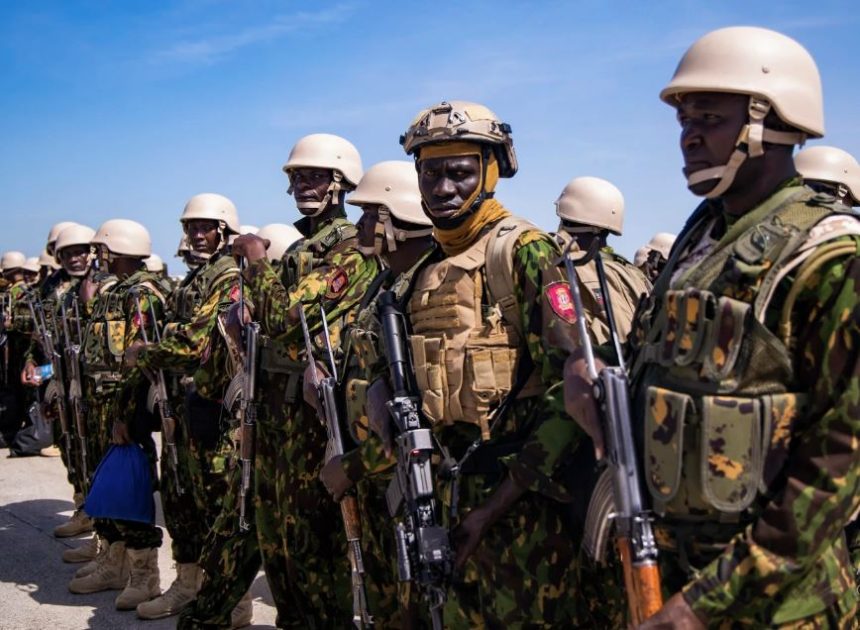Pressure is mounting on Kenyan police officers to fulfill their commitment to combating Haiti’s rampant gangs, six weeks after their arrival in the Caribbean nation.
When the first group of 200 elite Kenyan officers landed in Port-au-Prince on June 25, they were met with high expectations. Dressed in helmets and combat gear, they disembarked from their flight, brandishing the Kenyan flag and chanting in Swahili as they prepared for their mission.
A second batch of 200 officers arrived three weeks later, adding to the anticipation.
The Kenyans were expected to bolster Haiti’s National Police (PNH), which has struggled to contain violent criminal gangs that have terrorized the country for over three years.
The Kenyan force is part of a UN-mandated multinational effort aimed at restoring order to Haiti.
Initially welcomed by Haitian officials and media, the Kenyans were praised for their arrival.
Radio Independent FM, for example, expressed solidarity, welcoming the Kenyan soldiers as “brothers” and acknowledging their mission to combat gangs.
However, as weeks passed, many Haitians have expressed frustration with the pace and effectiveness of the Kenyan intervention. Critics argue that despite high-profile joint patrols and some exchanges of gunfire with gangs, the situation has not improved significantly. Gangs continue to exert control over parts of Port-au-Prince, attacking police stations and major highways.
The Kenyan mission, which had already faced delays due to legal and logistical issues, is now under scrutiny for not delivering quicker results. Local media and social media users have voiced their disappointment, accusing the Kenyan force of being ineffective and even theatrical.
On July 30, a Kenyan officer was injured during a confrontation with gang members, marking the first casualty among the contingent. Despite claims by Haitian and Kenyan authorities of successes, such as the reported deaths of over 100 gang members, skepticism remains high.
The publication of videos showing Haitian officials and their Kenyan escorts retreating from a gunfight at an abandoned hospital further fueled doubts. These incidents have not improved public confidence in the mission.
Haiti’s interim Prime Minister Garry Conille acknowledged the need for international support but expressed frustration at the slow pace of assistance.
He defended the Kenyan deployment, emphasizing that their role is to support and accompany Haitian police rather than operate independently.
Nevertheless, the Kenyan force has faced open defiance from prominent Haitian gang leaders, who have taunted them in videos and continued their violent activities unabated.
The Kenyan contingent’s social media account, @MSSMHaiti, has attempted to present a positive image of their mission, but this has been met with criticism and accusations of exaggeration.
As the situation unfolds, many Haitians are growing increasingly impatient, calling for more decisive action to address the escalating gang violence.





